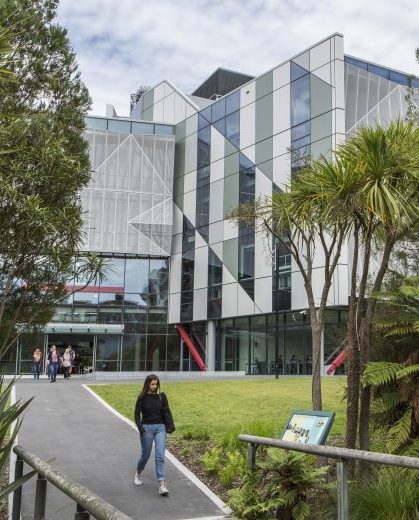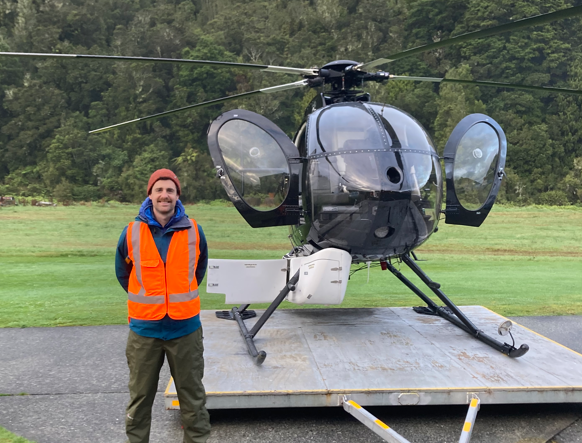The GeoHealth Lab merges with the GRI
The GeoHealth Laboratory, now in its 11th year of operation, has this month, merged its operations with the Geospatial Research Institute. This will improve collaborative work across related areas of research in such areas as Town Planning and Urban Health[blockquote text=”GeoHealth Laboratory research has also been highly visible and is making an important
contribution to public health research in New Zealand. “]Dr Melanie Tomintz has taken over as Manager of the GeoHealth Lab which is now based in the new Ernest Rutherford Building.
The GeoHealth Laboratory was launched by the Minister of Health, Hon Annette King, in November 2004 at the GeoHealth 2004 Conference in Wellington. The GeoHealth Laboratory is a joint venture between the University of Canterbury and the Ministry of Health. The aim of the collaboration is to build a strategic partnership between the parties around health geography, spatial epidemiology and Geographical Information Systems (GIS); and to increase research capacity and research outputs in the health and GIS academic sectors. The collaboration provides a resource that is unique in the Southern hemisphere.The GeoHealth Laboratory undertakes applied research in the areas of health geography, spatial epidemiology and GIS. In particular, work in the GeoHealth Laboratory focuses upon how the local and national contexts shape health outcomes and health inequalities. Research has focused on how both micro and macro level process help to shape the health of New Zealanders. Our current work has considered how various characteristics of local neighbourhoods influence health outcomes and health-related behaviours. These projects include the effect of community resource access (such as access to parks, food stores and healthcare provision) on health inequalities; the role of deprivation and rurality in influencing suicide rates; environmental justice and air pollution; and the importance of income inequality and macro-level process on inequalities in life expectancy.
There are a number of staff employed by and associated with the collaboration, who work on a range of research projects that are concerned with the social and environmental determinants of health and healthcare. In addition, the GeoHealth Lab provides resources for postgraduate students to work in the GeoHealth Laboratory. Each year a number of postgraduate scholarships are available to suitably qualified students (see “Courses and Study” website or contact Prof. Simon Kingham (simon.kingham@canterbury.ac.nz).



